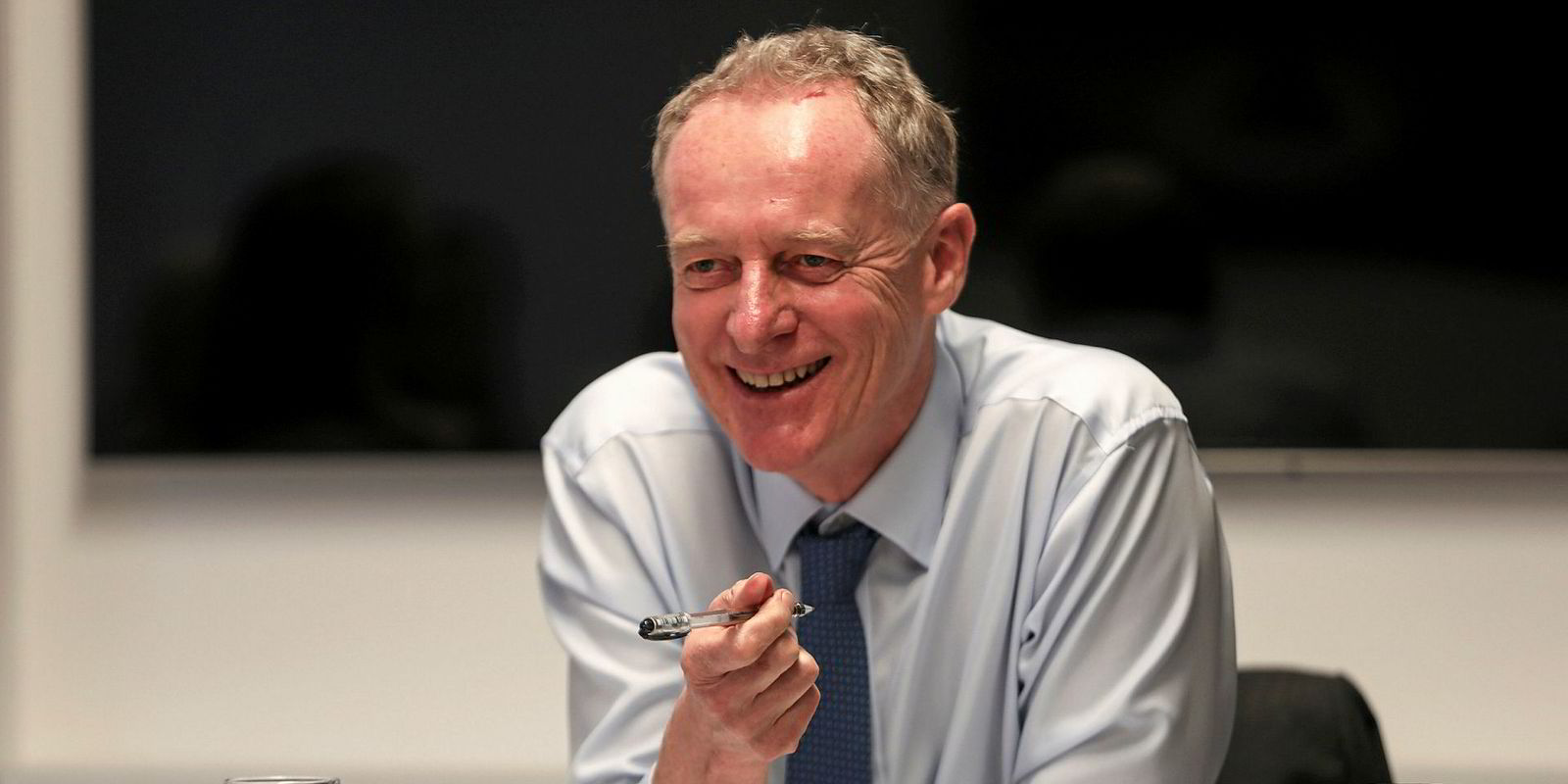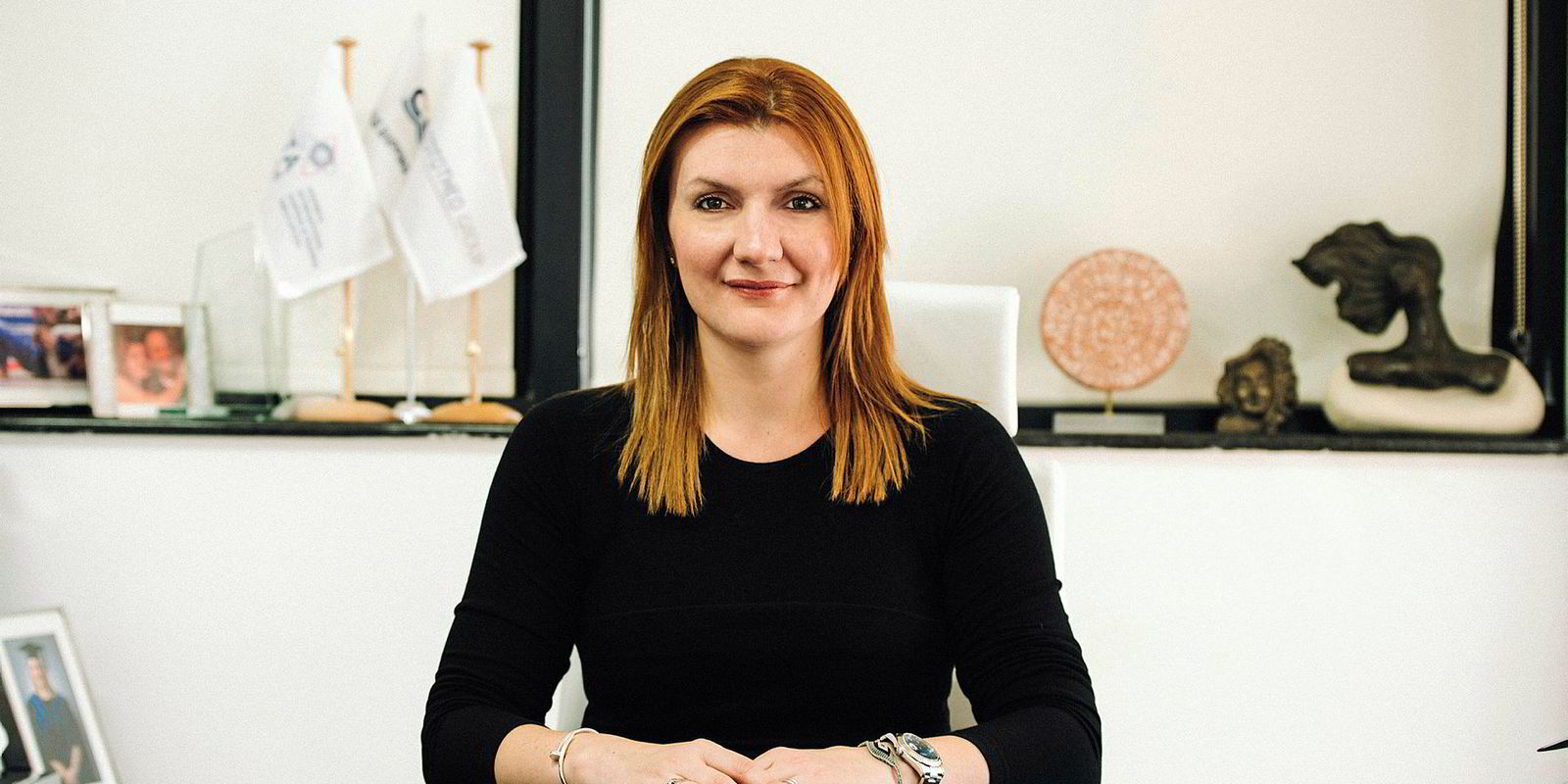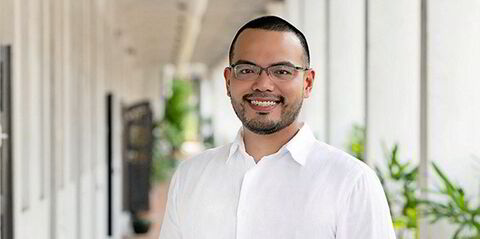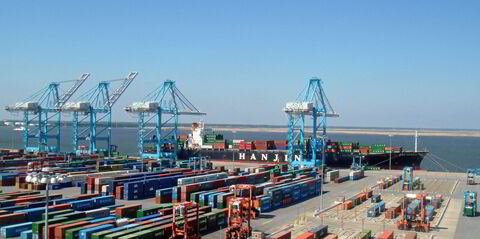The #MeToo movement that emerged late last year suddenly refocused attention on the sexual harassment and assault of women. It also raised again the question of equality across societies — women and girls are too often still treated as second-class citizens with fewer rights and opportunities than men.
Shipping remains largely a man’s world, a bastion of old-fashioned values and practices in which women have only recently begun to make career progress. If any industry needs its version of a #MeToo moment, it is arguably the maritime world.
Yet a lot has started to change in a short time, as this issue of TW+ highlights. We set out to find how far women have come in shipping, where there are still problems and what is being done to change conditions, as well as to focus on some of those who are leading the way forward.
The issue is largely devoted to questions of gender diversity, with interviews, a Roundtable discussion and profiles, while the weekly TradeWinds newspaper that this magazine accompanies shines a spotlight on women who have reached senior levels in the maritime sphere.
The importance of role models is one theme that comes through strongly, as do women’s perceptions that they need to be bold, committed, extra hard-working and persistent to prove their abilities before they can break into this male-dominated world.
But leadership by companies and their senior managements in committing to changing their values and composition is also crucial if they are to take advantage of the untapped talent of half the globe’s population. And that, surely, is a way to win in the most international of all industries.
It is telling that a multinational oil major, BP, has now promoted women to head its shipping division twice in a row, and equally refreshing to see that TW+ was easily able to gather together a spirited group of women in senior positions (or making their way towards them) in the world’s biggest shipowning country, Greece, to discuss gender equality at our latest Roundtable.
The importance of role models is a theme that comes through strongly, but leadership by companies and management in committing to change is also crucial
Progress has been faster in the West than in Asia and the Middle East, as evidenced by some of the women who spoke to TW+ about their experiences at progressive Norwegian company Wilh Wilhelmsen. However, it is clear that even enlightened Scandinavian companies still have some way to go.
TW+ has also spoken to the female boss of Andhika Group, who, although she inherited the role from her father, now leads Indonesia’s shipowners’ association and is pushing for working conditions that help women progress in maritime careers. And we tracked down the Philippines’ first female seafarer to become a master, as the captain of a chemical carrier.
Unsurprisingly, shipping is not immune to the problems of sexual harassment and assault. This issue revisits the progress of investigations into scandals at the leading maritime academy in the US. Official findings indicate that policy oversight has been lax, target dates have been missed and a risk-based approach to solving problems has been missing.
Not all of this magazine is devoted to diversity and inclusion. We look too at how V.Group is going about transforming itself to be ready to transition from a traditional private equity-owned shipmanagement company into a listed entity in which the values of safety, trust and team ethics are part of its DNA.
Unfortunately, the subject of our “Where are they now?” feature was missing some of those qualities, according to a US judge who jailed George Trimis, the would-be shipowner whose plans for a fleet of bulker newbuildings appear to have been illusory and based on property fraud. He is no role model to follow.
Gender equality, of course, is only the first step into diversity. Shipping was slow to take it up, but progress here is arguably still greater than in other aspects, such as race and sexual orientation. The consensus, though, on female equality in shipping is that a lot has changed quite quickly, but more needs to be done. Inspirational role models definitely help.
Paul Berrill, editor




